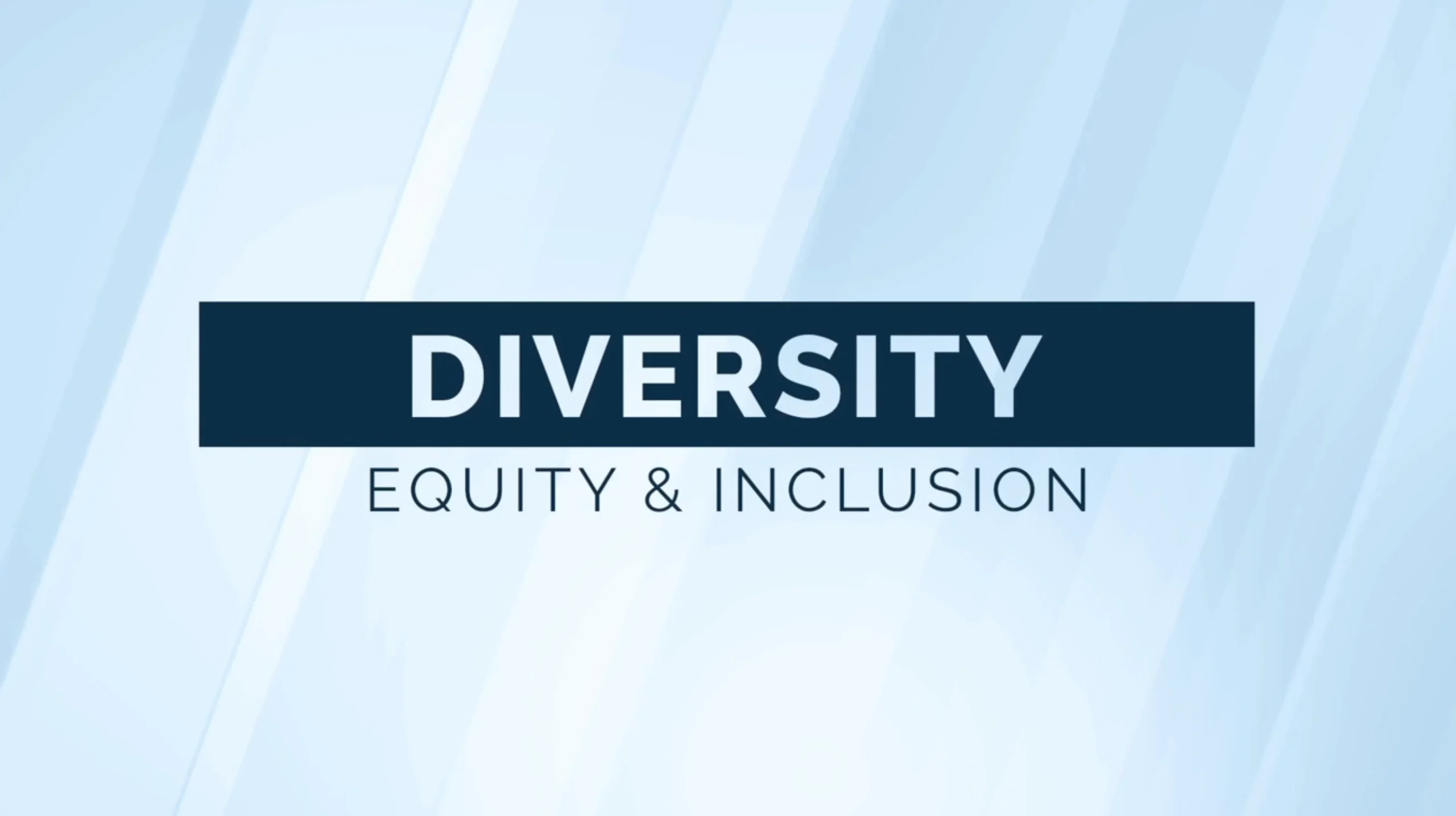The war on Diversity, Equity, and Inclusion (DEI) initiatives has become a flashpoint in contemporary politics and culture, sparking debates about meritocracy, fairness, and societal progress. While critics argue that DEI programs undermine merit-based systems and create division, history, and data tell a different story: systemic inequities often masqueraded as a meritocracy. Efforts to dismantle DEI not only ignore this reality but risk stalling cultural and economic progress in the process.
The Illusion of Meritocracy Before DEI
Historically, meritocracy has often been weaponized to uphold exclusionary practices. Dr. Heather McGhee, economist and author of The Sum of Us, highlights that systemic barriers—including discriminatory hiring practices, unequal access to education, and entrenched stereotypes—created an uneven playing field long before DEI became a focal point. For instance, in the mid-20th century, women and people of color were systematically excluded from top universities, professional networks, and leadership roles, regardless of their talent or qualifications.
Research from Dr. Thomas Shapiro, a leading scholar on wealth inequality, underscores how generational disparities in access to education and capital perpetuate inequities. Without interventions like DEI, these disparities remain baked into institutional structures, favoring those who have historically benefited from systemic privilege.

The Key Positives of DEI Initiatives
DEI programs are designed to dismantle these barriers, ensuring that opportunity is more equitably distributed. Key benefits of DEI include:
1. Enhanced Innovation: Research from McKinsey & Company reveals that diverse teams outperform less diverse counterparts by 35% in financial performance. Varied perspectives foster creativity, critical thinking, and better decision-making.
2. Broader Economic Growth: A study by the W.K. Kellogg Foundation estimates that eliminating racial disparities in employment and education would add $2.1 trillion to the U.S. GDP annually. DEI initiatives work to close these gaps, boosting overall prosperity.
3. Improved Workplace Culture: Organizations’ inclusivity sees higher employee satisfaction and retention rates. Dr. Stefanie K. Johnson, author of Inclusify, notes that inclusive leaders unlock the full potential of their teams, creating workplaces where everyone can thrive.
The Backlash Against DEI


Despite these benefits, DEI programs face hyperbolic resistance based on misinformation. Critics often frame them as antithetical to individual merit or politically motivated overreach. This backlash frequently ignores the structural inequities DEI seeks to address and paints the initiatives as unnecessary or divisive. Not surprisingly this ‘divisiveness’ is only pointed to when a white male believes he is denied an opportunity he deserves despite any other prevailing facts.
The historical record challenges these critiques. For example, affirmative action policies—a precursor to modern DEI efforts—helped diversify elite institutions, bringing talented individuals from underrepresented backgrounds into spaces they had been systematically excluded. Yet, despite these policies, disparities persist, underscoring the need for continued action.
Improving Rather Than Eliminating It
While DEI initiatives have challenges, removing them would be a step back. Instead, they should be refined to meet real concerns while maximizing impact:
1. Focus on Metrics: Organizations should establish clear, measurable goals for DEI efforts, ensuring accountability and transparency. This approach counters the perception of DEI as performative or symbolic.
2. Tailored Approaches: A one-size-fits-all model often fails to address the unique challenges faced by different industries or communities. DEI programs should be adaptable, and informed by data and local contexts.
3. Inclusive Communication: To build broader support, DEI advocates must emphasize that these initiatives benefit everyone, not just marginalized groups. Equity leads to stronger institutions and societies, which serve the common good.
The war on DEI is not just a rejection of these initiatives; it’s a denial of the history and systemic inequities that make them necessary. By addressing barriers to opportunity, DEI programs have proven to be powerful tools for fostering innovation, equity, and economic growth. Rather than abandoning these efforts, society should focus on refining and expanding them, ensuring a future where meritocracy is truly fair and accessible to all.
Also Check Out


Leave a Reply